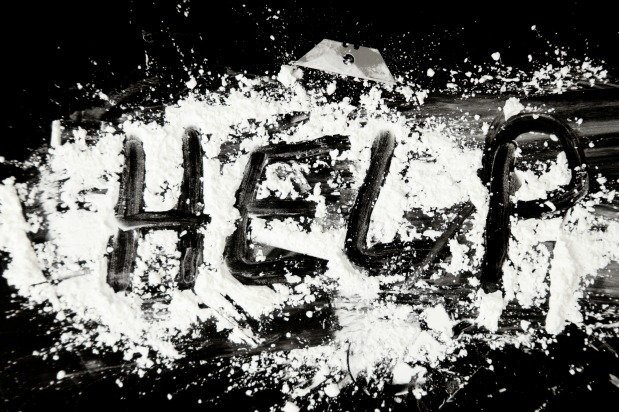Cocaine is unlike many other substances. This is why treatment programs and fellowships, such as Cocaine Anonymous, have been developed to specifically help those with cocaine addiction. If you or someone you know is looking to get help, know that the first step involves understanding the drug, its effects and exactly how it’s treated.
Here are 4 things you should expect when it comes to cocaine addiction.
1. Long-term use of cocaine has a visible effect on a person’s personality and perceptions during early recovery.
Cocaine use alters the brain’s reward pathway system, which regulates emotional stability, motivation and delayed gratification. Because long-term cocaine users are known to have physically and physiologically altered brain pathways, the early part of the recovery period requires sufficient time to allow the brain to reorient itself towards goals, motivations and social behaviors appropriate to life without cocaine. Therefore, treating cocaine addiction requires a longer recovery period and a lot of patience on the recovering addict’s part as not only the body but the brain must adjust to a life without the interruption of cocaine.
For many of those struggling with the addiction, learning that there is a definitive biological reason for their compulsion to use and that there’s a strong probability that normal brain function will return over time helps them get through the process.
2. Inpatient detox is not physically required, but it is medically advisable.
Physiologically speaking, cocaine cessation presents limited to no threat to the cocaine addict. However, detox without medical supervision is rarely advised nor performed because the neurochemical alterations in the user’s brain can cause extreme psychological and emotional duress.
Since cocaine exponentially heightens the brain’s reward system in an unnatural way, it initiates a cycle of psychological dependence as users continually seek this feeling. Cessation causes the patient to lose feelings of pleasure as they experience highly depleted levels of serotonin, dopamine and norepinephrine. Therefore, the psychosomatic concerns of cocaine detox are medically relevant. Moreover, cocaine addicts also experience the psychological withdrawal symptoms much more strongly than any other commonly abused drugs.
3. Cocaine abuse is most commonly associated with other addictive behaviors.
As the average cocaine user enters treatment for cocaine use, clinicians typically discover a host of other co-existing addiction-related problems. Frequently, this includes sex addiction, alcohol abuse, prescription drug abuse and other behaviors that generally complement the cocaine usage. Cocaine is the most commonly abused substance that is definitively associated with other forms of substance abuse, behavioral issues and deviant conduct.
The problem, however, is that addiction treatment for cocaine addicts will have to be prioritized, generally addressing the drug use first. Other addictions easily end up in the back burner as secondary treatment goals, or unaddressed at all. For the cocaine addict, some self-awareness about other existing addictions is critical in the recovery process as these seemingly less important issues are proven gateways to relapse.
4. Statistically, relapse prevention in cocaine recovery is near impossible without any help.
Due to its strong neurological and psychological impact, cocaine has been classified as a highly addictive drug. Statistics show that the average cocaine user faces a significantly higher chance of relapse in the first month and year compared to any other substance abuser. Therefore, recovering addicts should stay close to intensive recovery programs, remain fully engaged in the recovery process and find support in a sober community.
Cocaine addiction may be a hard-won battle, but if you find the help you needand become diligent in recovery, there is hope. Remember to be patient, extra vigilant and accepting of the fact that no matter how you got to this point, you don’t have to stay in the dark forever.
If you or someone you know is seeking help from cocaine addiction, please visit our directory of cocaine rehab centers or call 866-606-0182 to start the path to recovery today.








